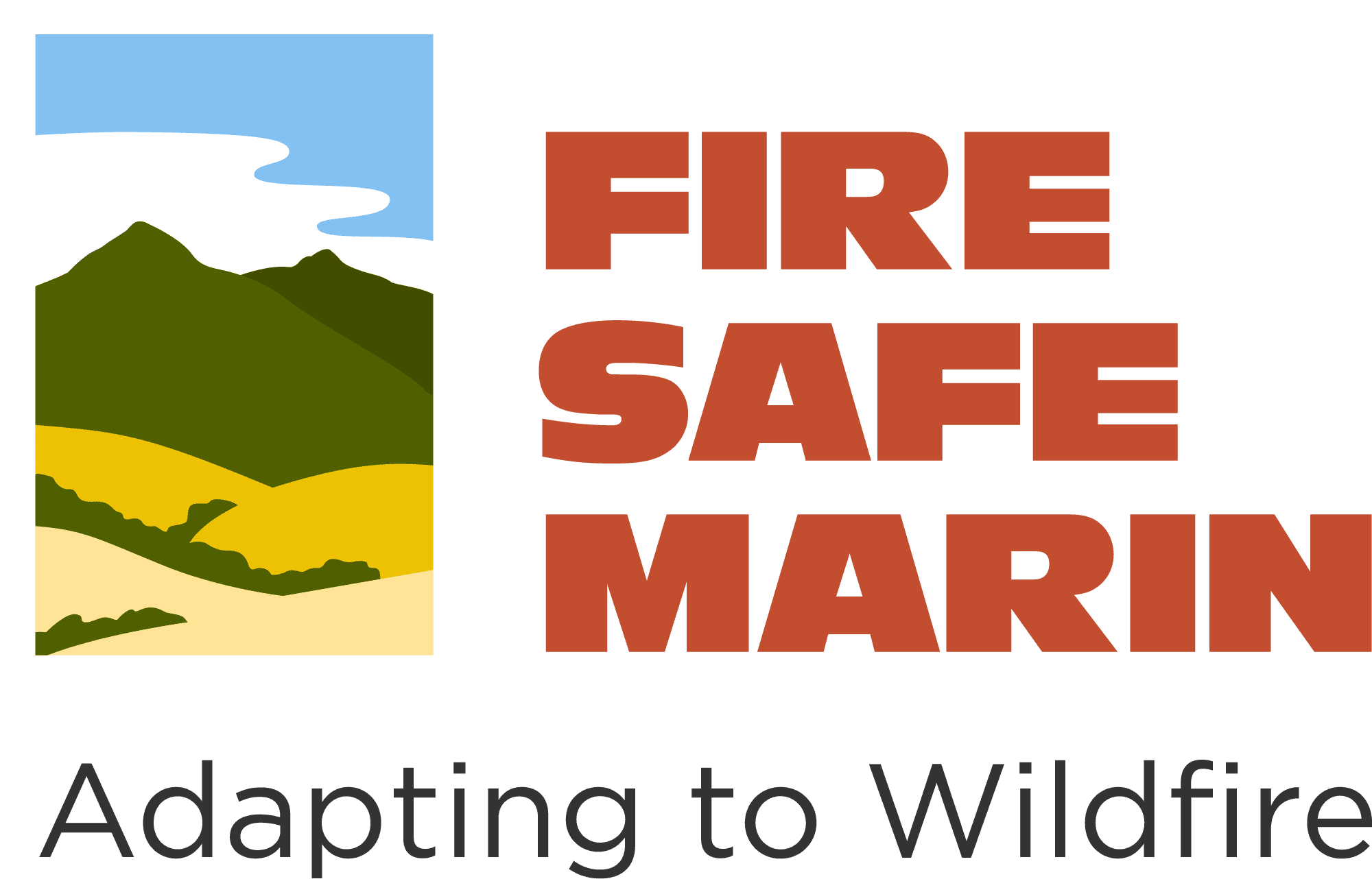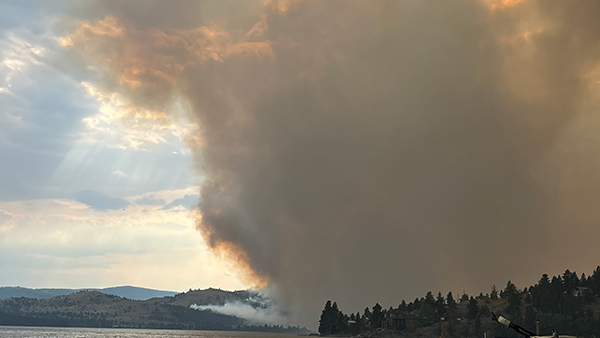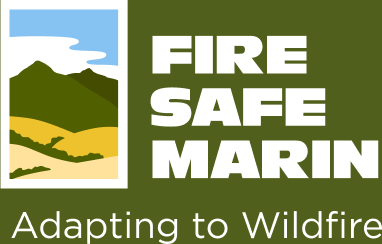Experiencing wildfire in Montana.
Many of us have been deeply affected by the catastrophic wildfires of recent years. If not directly, you probably know someone who has lost a house, experienced evacuation or helped in fighting the fire or in the aftermath.
I recently spoke with Steve Quarles, a leading wildfire scientist and Firewise Leader of Homestead Valley, about his experience of a wildfire that came close to his family’s home in Montana. Steve shows us how a prepared mind can move effectively into action. But his story also reveals the human side: Evacuation is a very scary situation that can be emotionally driven. Have you really thought through your plan? Think about this as you read Steve’s account.




In all the research you’ve conducted, and deep knowledge of mitigation strategies, did you feel prepared?
I did feel prepared. One big difference is that we were in Montana away from our house in Marin, so with the exception of my laptop, the really important things were back at home. Preparing my personal items for evacuation meant picking out some clothes and making sure my laptop was in the car. We were in a rural area in northwest Montana. The house is fairly close to a major highway and the chance of a traffic jam between the house and the highway was minimal. So, there was never a concern about driving to safety, should it become necessary.
Did you receive an Evacuation Order?
No, but we did receive an Evacuation Warning. We were monitoring the situation and in the morning the fire started moving in our direction, in the afternoon it was “threatening,” and by the evening, the fire was contained. So we had around 5-6 hours to prepare, but we took less than two hours to prep and have the cars packed and ready to leave. Therefore, we did some things around my father-in-law’s house, including consolidating and putting a tarp over the combustible items that are routinely stored under his deck. We also packed his important papers and some important photographs and paintings that were hanging on walls in the house.
What was your evacuation plan?
We planned to leave the property and head north on the major highway, away from the approaching fire. We knew of two shelters that had been set up and planned to drive to one of them.
Was there anything that surprised you?
My father-in-law and his brother were going to stay, regardless of what anyone else did. They were both very insistent on their plan. There was a motor boat that could leave the dock, even if the power was out, and therefore there was an escape route out on the big lake. My uncle was a smoke jumper when he was a younger fellow working for the Forest Service. And my father-in-law, who also worked for the Forest Service, had his own wildfire experiences when he was younger. Neither needed or wanted to be told what to do.
Was there anything that you learned?
My father-in-law lives on a large lake, ideal for getting water to fight the fire. I learned a lot about the super scooper planes that flew overhead and picked up water from the lake during the days when the fire was actively burning. Everyone in the area has many photos and videos of these planes flying overhead and scooping up water.
What about your own situational awareness experience? How did you receive an alert, were you monitoring ahead of time, was there smoke in the air or could you see fire?
The fire started a few days before, but there was a weather change that resulted in the fire changing direction and moving towards us. We had been tracking the progress of the fire and noted the wind shift and resultant change in direction.
The incident command team had been placing updates (maps and summaries) at our post office, which we visited daily to pick up mail, and we could see either smoke from the fire and by taking a short walk, sometimes the fire itself on a nearby ridge. I also signed up for the alert / notification system used by the county where we were.
When the path of the fire changed and it became evident it could threaten the property, we visited a neighbor who’s deck provided a good view of the progress of the fire. It was at this point the fire threatened the town two miles from the property. If homes in the town started burning, we would leave. The first responders stopped the fire before it reached the town, so we ended up not evacuating.
Do you have advice for people after this experience?
My experience just reinforced the importance of two things that I already knew: 1) the importance of keeping up with what the fire and weather are doing and 2) the importance of talking about and coming to an agreement with your household as to what the evacuation plan will be. We were very fortunate to have days of fire activity, close enough to us to be very aware, but not so close as to worry about immediate evacuation or threat. We did a good job keeping up with fire activity.
_____________________________________________________________
In this wildfire incident, Steve and his family monitored the situation carefully and had time to prepare the house and important personal items. This won’t always be possible.
Remember this guideline:
Evacuation Warning = a potential threat to life or property. Those who require additional time to evacuate should leave now.
Evacuation Order = an immediate threat to life. This a lawful order to leave now.
If you stay after an Evacuation Order, you could obstruct firefighting efforts and endanger firefighters’ lives. They are committed to saving your life before your house. Please do the same for them and your community. Go when it’s time to go!
Prepare NOW for wildfire:
- Sign up for Alert Marin
- Pack a go-bag
- Make an evacuation plan








